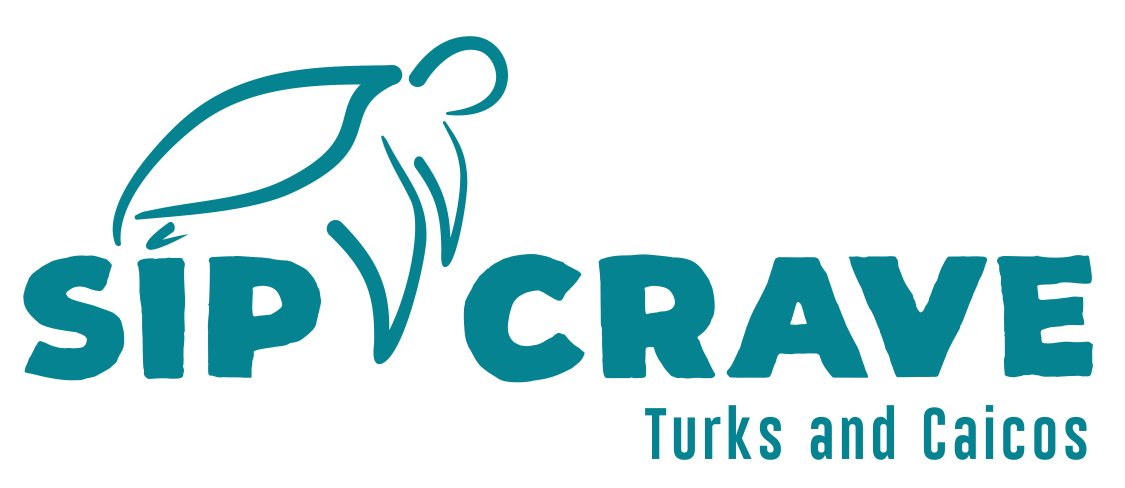The Hidden Cost of Plastic Straws
A Small Convenience,
A Big Environmental Disaster
Plastic straws are among the most commonly used single-use plastics, yet they are one of the most harmful. Lightweight and disposable, they often escape waste management systems and end up in the ocean, where they pollute marine ecosystems for centuries. Every year, millions of straws wash up on beaches worldwide, threatening the very landscapes that make Turks & Caicos a world-class destination.
Plastic pollution is not just an eyesore—it is an environmental crisis that affects wildlife, local economies, and the future of sustainable tourism.

The Scale of
the Problem
Plastic Pollution in Our Oceans
The Impact on
Marine Life

A Threat to Turks & Caicos’ Future
Tourism and the Economy
Turks & Caicos depends on its natural beauty. With 65 percent of the country’s GDP reliant on tourism, any damage to its pristine beaches and clear waters directly affects local businesses and livelihoods. Travelers are increasingly choosing eco-friendly destinations, and businesses that fail to adapt to sustainable practices risk losing environmentally conscious visitors.
The Push for Sustainable Change
Many global destinations have already implemented bans on plastic straws, recognizing their contribution to pollution. From the European Union to major cities like Seattle and San Francisco, businesses are being required to find alternatives. While Turks & Caicos has taken steps toward reducing plastic waste, more needs to be done to eliminate single-use plastics from the hospitality industry.
Hotels, restaurants, and bars play a crucial role in this transition. By moving away from plastic straws and embracing sustainable solutions, they can lead the charge in protecting the environment while offering a superior guest experience.
The Time for Action is Now
The damage caused by plastic pollution is undeniable, but the good news is that a simple switch can make a significant impact. Edible, biodegradable straws provide a real solution to an escalating problem. Businesses in Turks & Caicos have the opportunity to be part of the movement for change, ensuring that future generations can continue to enjoy the island’s unspoiled beauty.
A small choice—choosing a sustainable straw over a plastic one—can help protect marine life, preserve tourism, and safeguard Turks & Caicos for years to come.

